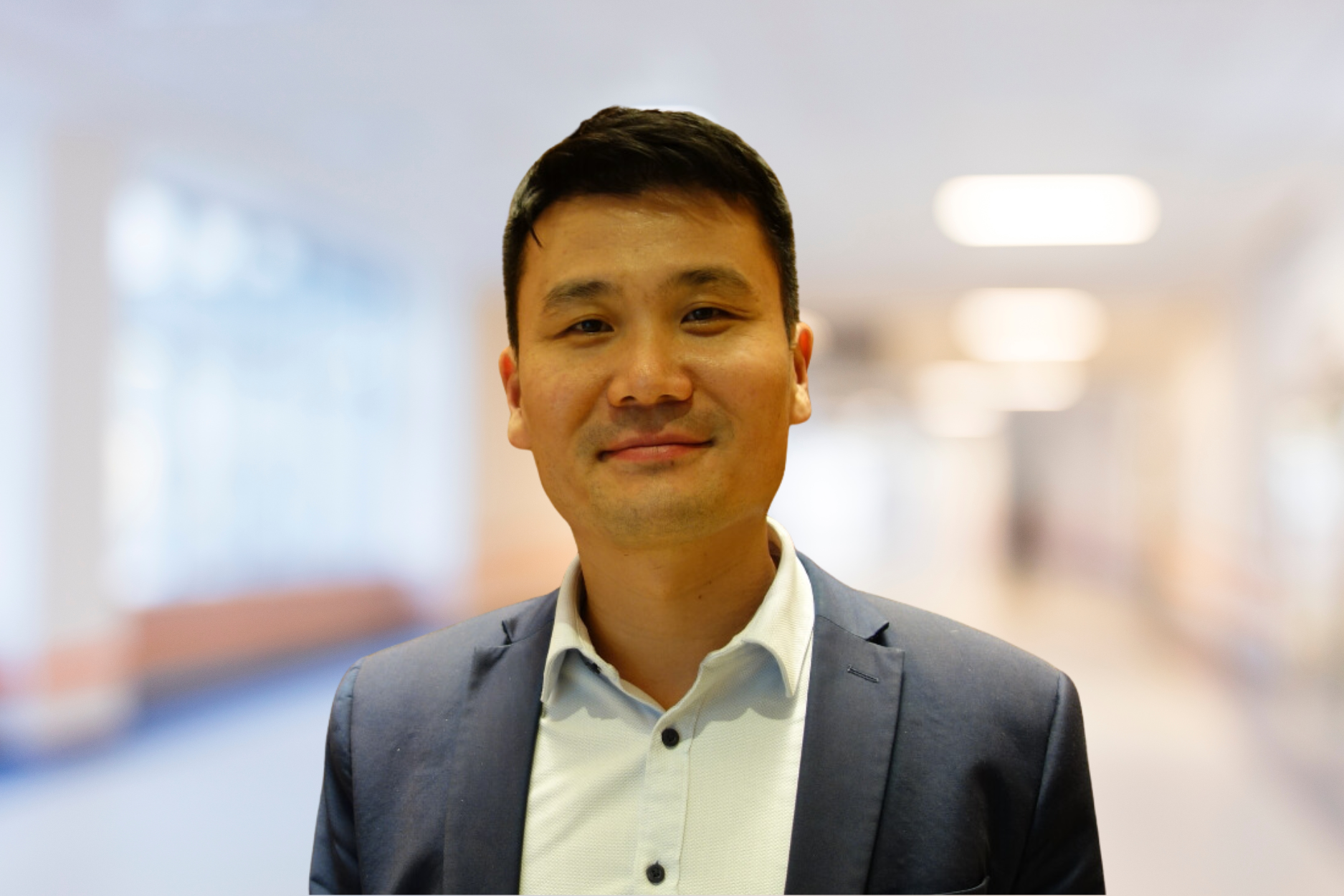Research
AMIGOs facilitate enrolment in and support the completion of high quality clinical trials to enable access to better care for patients with Merkel Cell Carcinoma.What is a clinical trial?
Clinical trials are research investigations in which people volunteer to test new treatments, interventions or tests as a means to prevent, detect, treat or manage various diseases or medical conditions. Some investigations look at how people respond to a new intervention (eg. drugs/treatments) and what side effects might occur. This helps to determine if a new intervention works, if it is safe, and if it is better than the interventions that are already available.
AMIGOs mission is to facilitate the enrolment in clinical trials and support the completion of high quality trials, as the information provided from these trials will inform the Pharmaceutical Benefits Advisory Committee about the most appropriate treatments to provide for patients with Merkel Cell Carcinoma and will influence the cost of drug therapy in future.
Why participate in a clinical trial?
Australian clinical researchers conduct internationally recognised high-quality clinical trials. They have a wealth of knowledge and expertise that is helping to improve health care both in Australia and around the world. Clinical research also improves our health care service by improving patient care practices.
Participating in clinical trials may contribute to better understanding of, or better treatment or a potential cure for their disease or condition. In some cases, clinical trials can provide access to new interventions (eg. drugs/treatments) before they are widely available.
Trials also offer the hope of developing better interventions or tests for a particular disease or condition, so that even if a trial does not provide a benefit for an individual, it may provide benefits for others with the disease in the future.
As a patient participant, even when you receive the highest quality care, you may also benefit from additional support and attention provided by clinical trial staff who understand your disease or condition.
How do I find a clinical trial?
Clinical trials can be difficult to find as a patient, you may also have difficulty understanding whether or not the trial is suitable for your situation. The following resources may help you identify available clinical trials. If you have any questions about your eligibility for a trial, make sure to take note of the name or registration ID of the trial so that you can consult with your medical professional regarding your potential eligibility.
To view melanoma and skin cancer clinical trials currently recruiting, please visit the Melanoma and Skin Cancer Trials website.
You can also visit the following sites for more information:
Current OPEN Merkel Cell Carcinoma Trials
03.18 I-MAT Trial
A randomised, double-blind, placebo-controlled, multi-institutional phase II study of adjuvant anti-PD-1 in patients with stage I-III Merkel cell carcinoma
The I-MAT trial, coordinated by Melanoma and Skin Cancer Trials, is investigating the use of an immunotherapy drug after patients with early-stage Merkel cell carcinoma have had initial surgery and / or radiotherapy treatment for the cancer.
Learn more about the I-MAT trial, including trial sites currently recruiting patients at the Melanoma and Skin Cancer Trials I-MAT trial webpage.

Lead Clinician:
A/Prof Wen Xu (Princess Alexandra Hospital, QLD)
Join A/Prof Wen Xu (Study Chair), Professor Gerald Fogarty (Chair of AMIGOs) and Jonathan Pincus (Merkel Cell Carcinoma Patient) for a discussion about the I-MAT clinical trial.
I-MAT Trial Summary
I-MAT will determine if a six-month treatment regime of Avelumab is well-tolerated and can eliminate residual microscopic cancer cells, thus reducing the risk of the cancer reoccurring and improving the overall outcomes for patients with early-stage Merkel cell carcinoma.
The trial aims to enrol 120 participants with stage I-III Merkel cell carcinoma across Australia and New Zealand, including capital cities and many regional towns in Queensland.’
Participants in the phase II, prospective, randomised, placebo-controlled, multi-institutional trial will receive either Avelumab or a placebo for six months, and have follow-up assessments for five years.
Learn more about the I-MAT trial on the I-MAT trial webpage.
10.17 GoTHAM Trial
Combination of Avelumab with Peptide Receptor Radionuclide Therapy or Conventional Fractionated Radiotherapy in Metastatic Merkel Cell Carcinoma
Emerging data suggests that radiotherapy combined with immunotherapy is one of the most effective treatment options for treating metastatic Merkel cell carcinoma.
To determine the effectiveness of this new approach, the GoTHAM Trial is investigating the use of immunotherapy drug avelumab when combined with either conventional radiotherapy (EBRT) or peptide receptor radionuclide therapy (PRRT). The recruitment for the PRRT treatment arm has now been closed.
Learn more about the GoTHAM trial, including trial sites currently recruiting patients at the Melanoma and Skin Cancer Trials GoTHAM website page.

Lead Clinician:
Prof Shahneen Sandhu (Peter MacCallum Cancer Centre, VIC)
GoTHAM Trial Summary
Although rare, metastatic Merkel cell carcinoma remains the most lethal form of skin cancer in Australia. Better strategies are urgently needed to improve the outcomes for patients with metastatic Merkel cell carcinoma.
The GoTHAM trial aims to develop a well-tolerated and effective immunotherapy combination to further improve disease control and overall survival for patients with metastatic Merkel cell carcinoma.
The Australia-wide multi-centre, phase Ib / II trial aims to enrol 19 participants with metastatic Merkel cell carcinoma in 10 recruiting sites across Australia.
Learn more about the GoTHAM trial on the GoTHAM website page.

Mailing address:
AMIGOs
C/O Melanoma and Skin Cancer Trials
553 St Kilda Road
Melbourne, VIC 3004, Australia
General enquiries:
Email: amigos@masc.org.au

Mailing address:
Melanoma and Skin Cancer Trials
553 St Kilda Road
Melbourne, VIC 3004, Australia
General enquiries:
Email: hello@masc.org.au